In this Article
The health of a pregnant woman is the most important thing that one should never overlook. What a woman eats during this crucial time should be a perfect dose of all the required minerals and nutrients. This will not only ensure the good health of a mother but would also ensure proper development of the fetus.
Talking specifically about zinc, it is a mineral that has many benefits associated with it, and thus it becomes important for a pregnant woman to get to know everything about this helpful mineral.
What is Zinc?
Zinc has a major role to play in body development and functioning. It is in simple words, a powerful mineral that would offer the best health benefits to the pregnant woman and her fetus. Zinc can be naturally found in certain food items or it can also be added to your diet in the form of supplements. Either way, this mineral will offer the intended benefits to a pregnant woman.
Why Zinc is Necessary When Pregnant?
Zinc is generally known to maintain a healthy immune system, boost normal body growth, helps with DNA metabolism, and also helps in speedy wound healing.
As far as the role of zinc in pregnancy is concerned, the benefits of it are different for the pregnant woman and the fetus.
1. Zinc Benefits for Pregnant Women
- Zinc helps maintain a strong immune system
- Averts intra-uterine infection
- Helps balance the hormones
- Aids in the production of the placenta
2. Zinc Benefits for Developing Baby
- Boosts cell growth
- Boosts DNA production and functioning
- Provides structural support to the proteins that make up the cells
Recommended Daily Intake of Zinc in Pregnancy
The daily intake of zinc for a pregnant woman depends on the age factor, greatly. To get an insight into the recommended daily intake values, read the following:
- For an 18 yr old or younger pregnant woman: 12 milligrams
- For a 19 yr old or older pregnant woman: 11 milligrams
- For an 18yr old or younger breastfeeding woman: 13 milligrams
- For a 19yr old or older breastfeeding woman: 12 milligrams
What Are the Food Sources of Zinc
The major food sources that have been found rich in zinc, include:
1. Dark Chocolate
Chocolates are loved by all. No one can resist its sweet taste. But they contain high sugar levels that can turn to be injurious to health. However, dark chocolate is quite different as it contains low sugar levels and more of essential zinc.
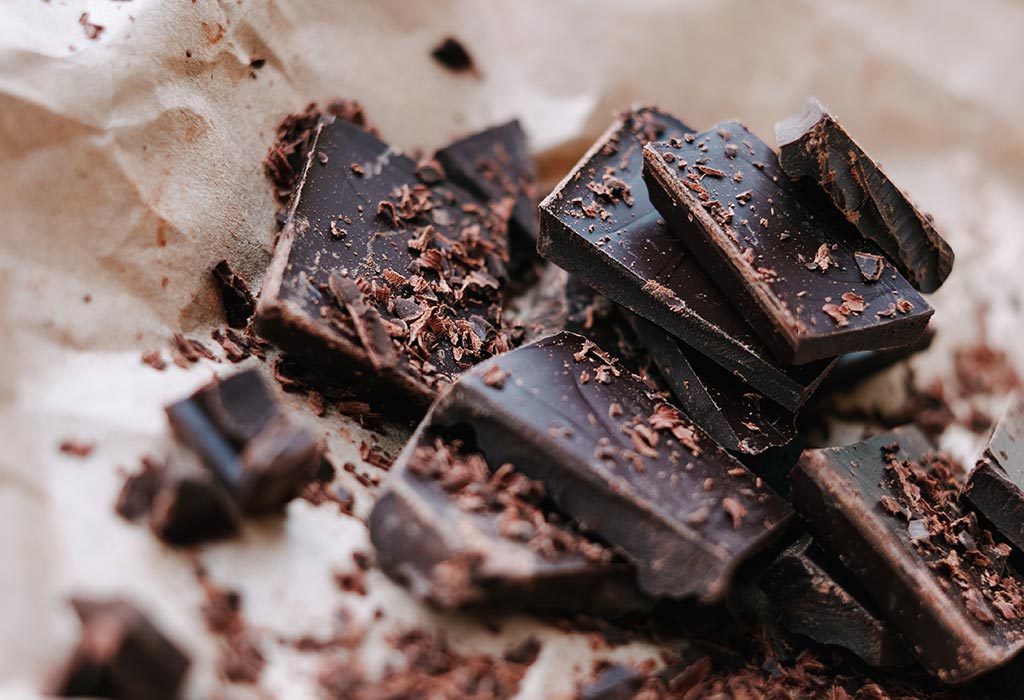
2. Lentils
Lentils have always been a rich source of vitamins and minerals. And, one such mineral that can be easily found in lentils is zinc. Lentils are also rich in proteins and fibres thus should be included in the daily diet.
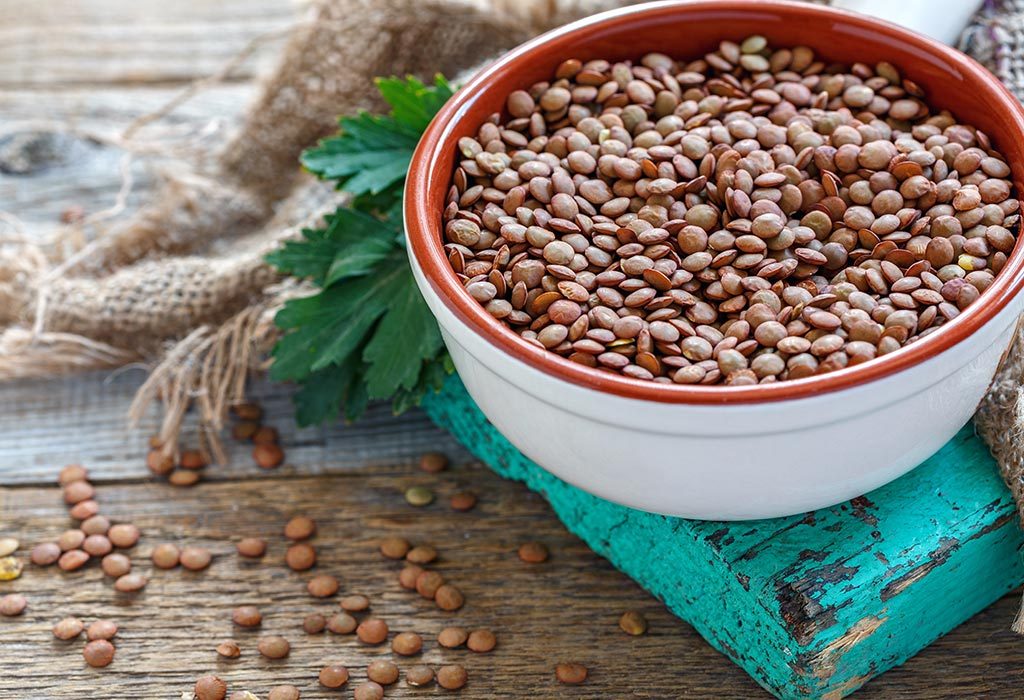
3. Pumpkin Seeds
Pumpkin seeds are not only a good source of zinc but are also found to be high in omega-3 fats and magnesium. You could add pumpkin seeds to your salads or eat its roasted version.
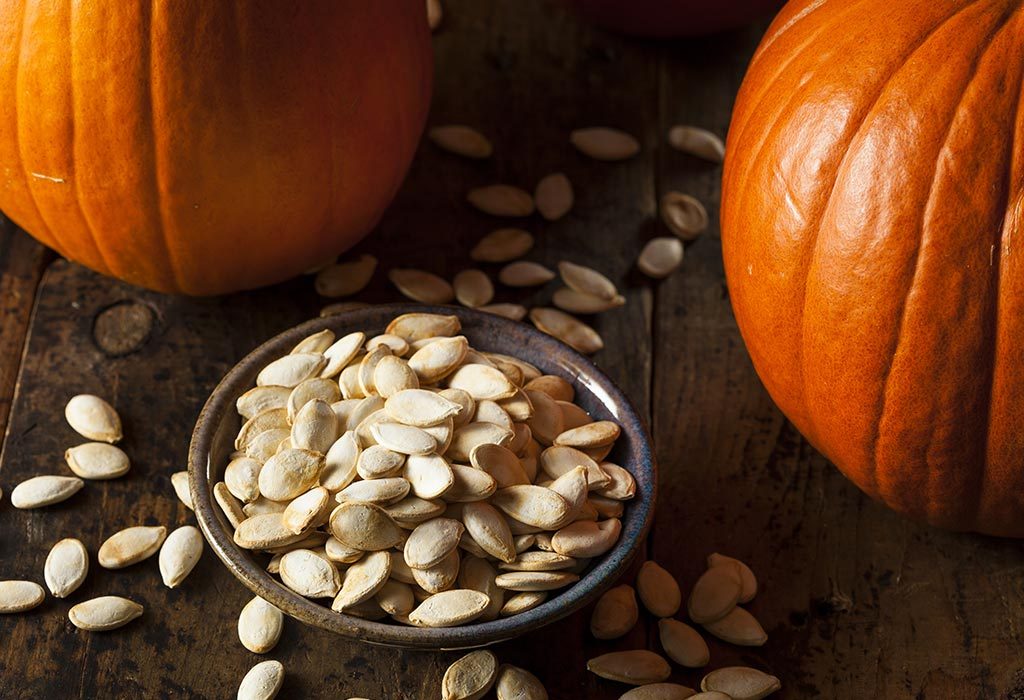
4. Chickpeas
Chickpeas are a good source of protein and fibre and thus a recommended option for vegetarians. An added advantage of chickpeas is that they help in improving digestion and therefore help a pregnant woman keep away from acidity or other digestive issues.

5. Sesame Seeds
In 100 grams of sesame seeds, zinc concentration is about 7.8 milligrams. Sesame is also found to be a good source of phytosterols, I.e. a compound that helps control cholesterol and sesamin, i.e. a compound that helps balance the hormones.
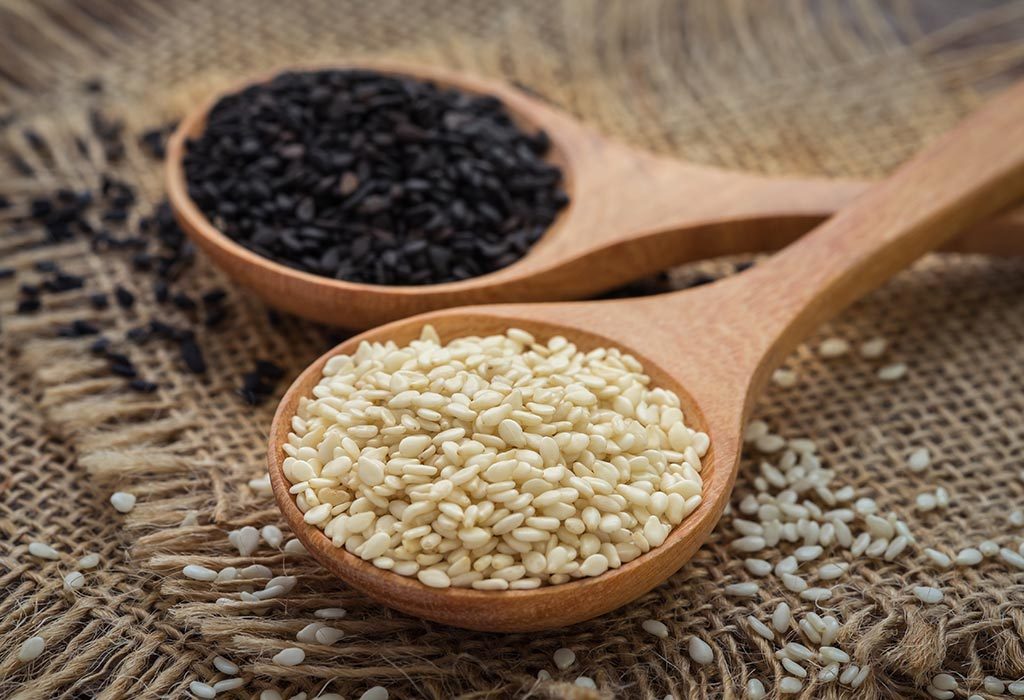
6. Kidney Beans
Kidney beans are a good choice to consider if you are a vegetarian. This sumptuous food source helps in regulating blood sugar levels and also helps in providing you with a satisfactory diet.
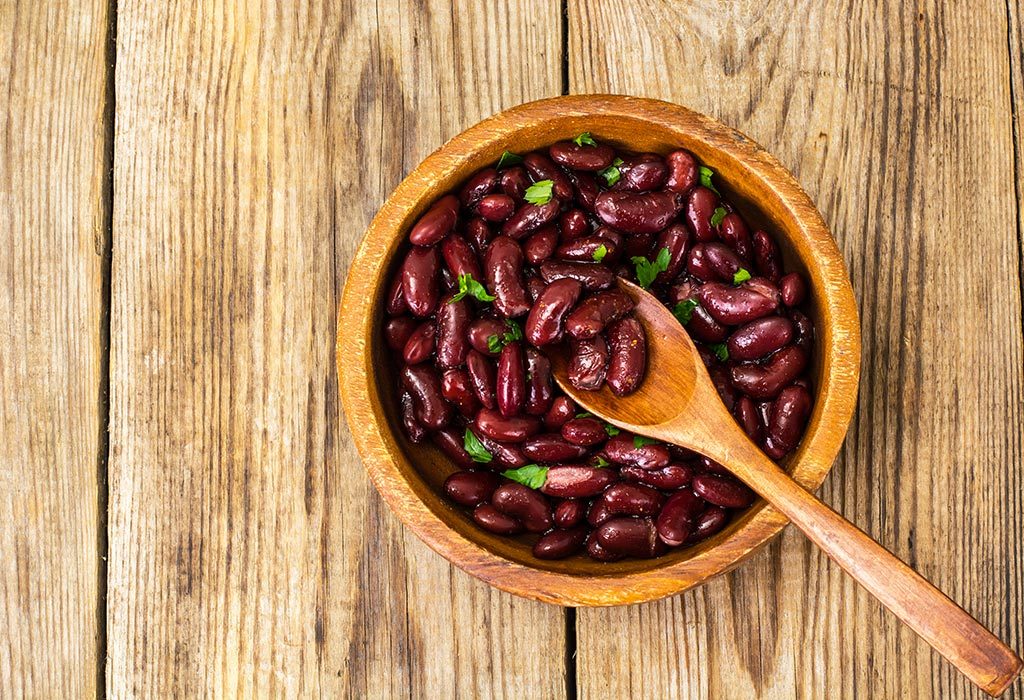
7. Yoghurt
Yogurt is known to be a probiotic dairy product that is rich in zinc, i.e. in one cup of yoghurt, 1.4 milligrams of zinc is found. Consuming yoghurt would help you in improving immunity, controlling mood swings, and also helps boost cardiovascular health.
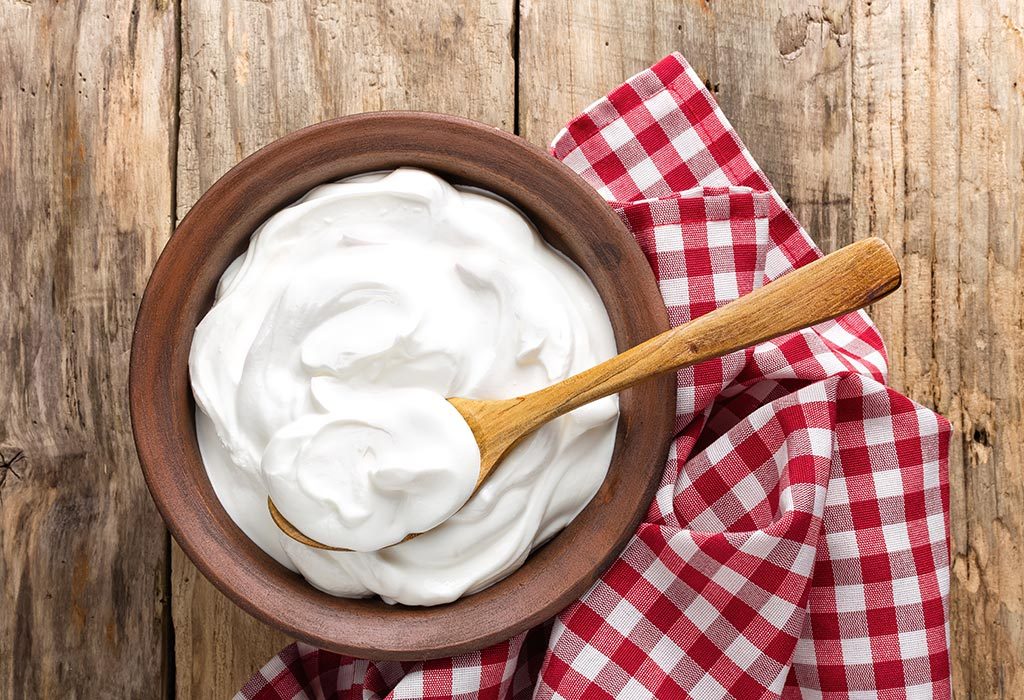
8. Lamb or Beef
Lamb and beef are believed to be the best sources of zinc, undoubtedly. A pregnant woman who eats meat is unlikely to develop a zinc deficiency. But it is always recommended to roast your meat perfectly as raw meat can lead to health issues in pregnant women.
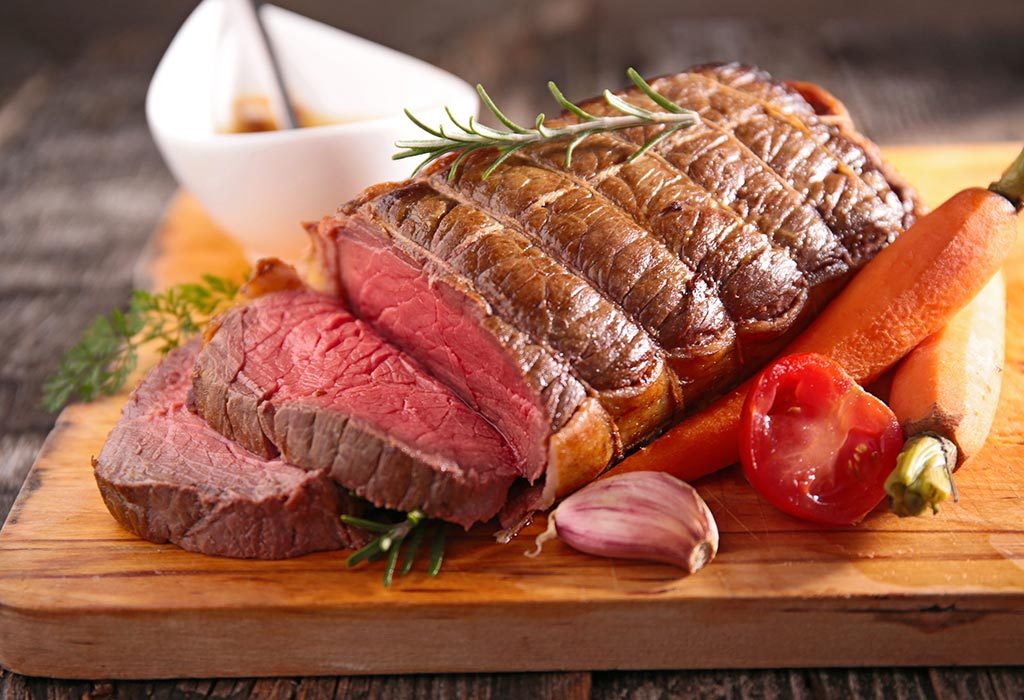
9. Cashews
In one ounce of cashews, about 1.6 milligrams of zinc is found. Also, these are found to be high in unsaturated fatty acids and protein value. The consumption of cashew would help in lessening inflammation, maintain good bone health, and would keep your hunger calls satisfied as it keeps you full for longer durations.
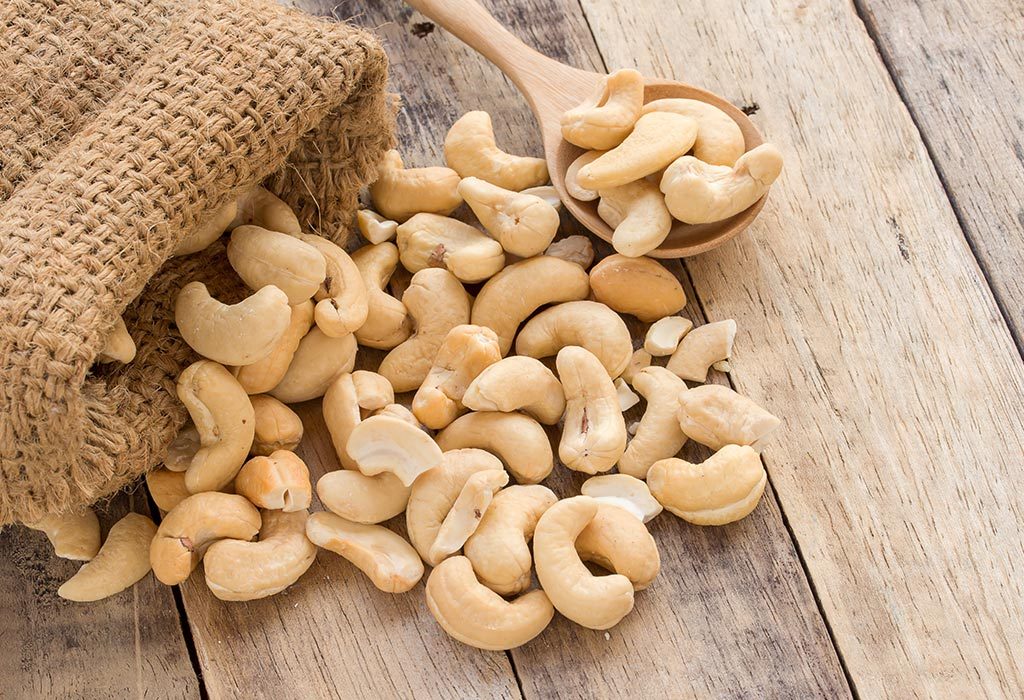
FAQ’s
Some of the common questions that are on people’s mind include:
1. Can I take zinc supplements in pregnancy?
A pregnant woman who eats meat is less likely to develop a zinc deficiency whereas for the vegetarians the same cannot be said. When the normal diet is not enough for body’s zinc requirement, supplements are recommended.
Zinc as a supplement generally comes in three forms, i.e. an oral supplement, a nasal spray, and in the form of prenatal vitamins. As far as a pregnant woman is concerned, it is recommended to prefer prenatal vitamins. However, it is recommended to consume the doctor prescribed, zinc tablets for pregnancy along with food. This is because zinc supplements can lead to upsetting your stomach if taken alone.
2. What happens if you consume too much zinc during pregnancy?
The presence of zinc in the body needs to be controlled. As it is said” Excess of anything can be poisonous”, same goes for zinc. Excess of zinc in a pregnant woman’s body can lead to vomiting, nausea, diarrhoea or even stomach aches.
In fact, even research has stated that an adult should not be getting more than 40 milligrams of zinc intake in a day’s time.
3. What are the signs of zinc deficiency when pregnant?
The signs of zinc deficiencies in pregnant women include:
- Weakened sense of taste and smell
- Lack of appetite
- Lack of immunity to allergies and infections
- Impaired growth of the fetus
Now, whenever the question “Can I take zinc while pregnant?” comes to your mind, you’ll be able to answer ‘Yes’ confidently. This ensures proper maintenance of normal health conditions of you and your foetus. Also, keep in mind to always consult a doctor for proper dietary recommendations and supplement choices when zinc is what you are concerned about.









